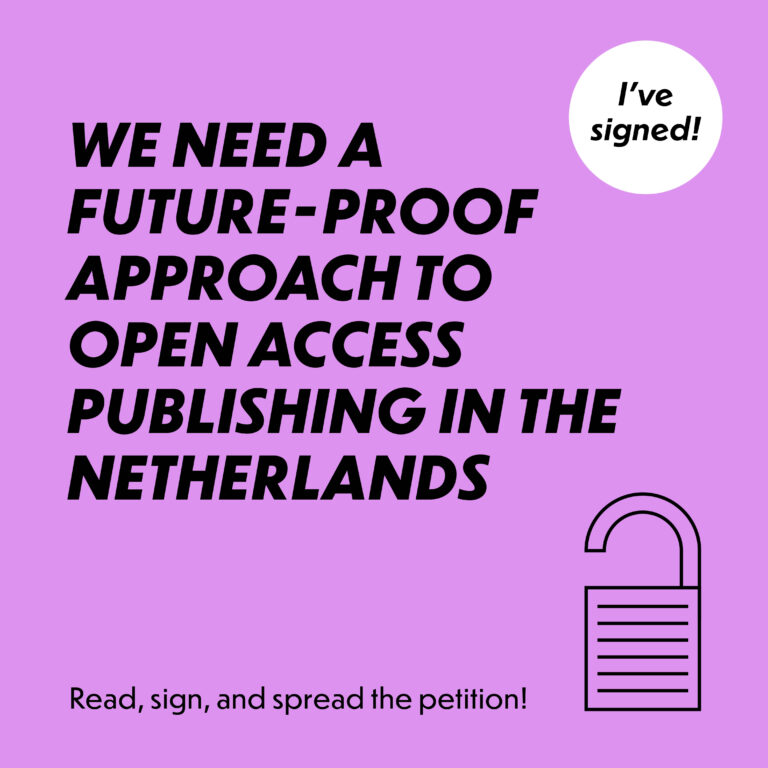I’m working through making a contribution to pandoc that adds first-class support for author role annotations using the Contribution Role Taxonomy (CRediT) and also outputs compliant Journal Publishing Tag Set (JATS) XML. This has lead me down a (losing) journey with learning the Haskell programming language, so I thought I would post a short note on a function I tried to understand.
Messaggi di Rogue Scholar

One of the joys of posting a preprint is seeing that people are viewing, downloading and (hopefully) reading your paper. On bioRxiv you can check out the statistics for your paper in the metrics tab. We posted a preprint recently and it clocked up over 1,000 views in the first day or so. This made me wonder: is that a lot of views or not? How does it compare to other preprints in our category?

If you read my blog, it should not surprise you that I have long experimented with technologies to improve knowledge dissemination, for example in HTML. And I have blogged about publishing from an author and researcher, and editor perspective, for many years (see this longer list on my old blog). Also, in the Journal of Cheminformatics we pushed for innovation, including ORCID and GitHub adoption and Citation Typing Ontology adoption.
The debate between Yann LeCun and Elon Musk, reported in Nature, questions whether science necessitates publishing results. My position is that science depends on how you produce your knowledge, not necessarily requiring publication. Only if you face the public, you need to publish about your work.

The day today is Tuesday 11th June 2024. It marks at least 193 days now since the subscription access journal Heterocycles (e-ISSN: 1881-0942) was taken offline by its publisher. Published since 1973, it is a “key” journal in chemistry and contains over 17,000 articles which have been cited at least 164,000 times. The journal is preserved in the CLOCKSS archive.

The 8th World Congress on Research Integrity (WCRI) took place in Athens, Greece from 1st-5th June. GigaScience Press are regular attendees of this conference, and this year our organisation was represented by GigaScience Editor-in-Chief Scott Edmunds, Executive Editor Nicole Nogoy, and Data Scientist Chris Armit.
Is Open Science passé? is the question asked by Xenia Schmalz in this blogpost. I recommend reading it before I share brief thoughts on some points that are raised. I wish an open science movement was not needed anymore, but I agree this is most likely not the answer to the leading question. Neither has the open science movement failed; progress toward more transparent and credible science is simply slow.

Previously, I took advantage of a dataset that linked preprints to their published counterparts to look at the fraction of papers in a journal that are preprinted. This linkage can be used to answer other interesting questions. Such as: when do authors preprint their papers relative to submission? And does this differ by journal? There’s a bit of preamble. If you just want to know the answer, click here.

UPDATE 2024-06-11 posted here. At the time of writing this (2024-04-11), the entire content of a “key” chemistry journal called Heterocycles , with over 17,000 articles in it, from 1973 to 2023, has been knocked offline due to what the publisher vaguely describes as “various circumstances”. The journal has been unavailable to access online since December 2023, which means the content has been offline for four or five months now!

Hot on the heals of the post on how to downsize microscopy movie files, let’s look at ways to shrink the size of a PDF file. There’s several ways to tackle this – suggestions came from this thread on Mastodon. Scenario: you have created a preprint/manuscript/proposal in PDF format.